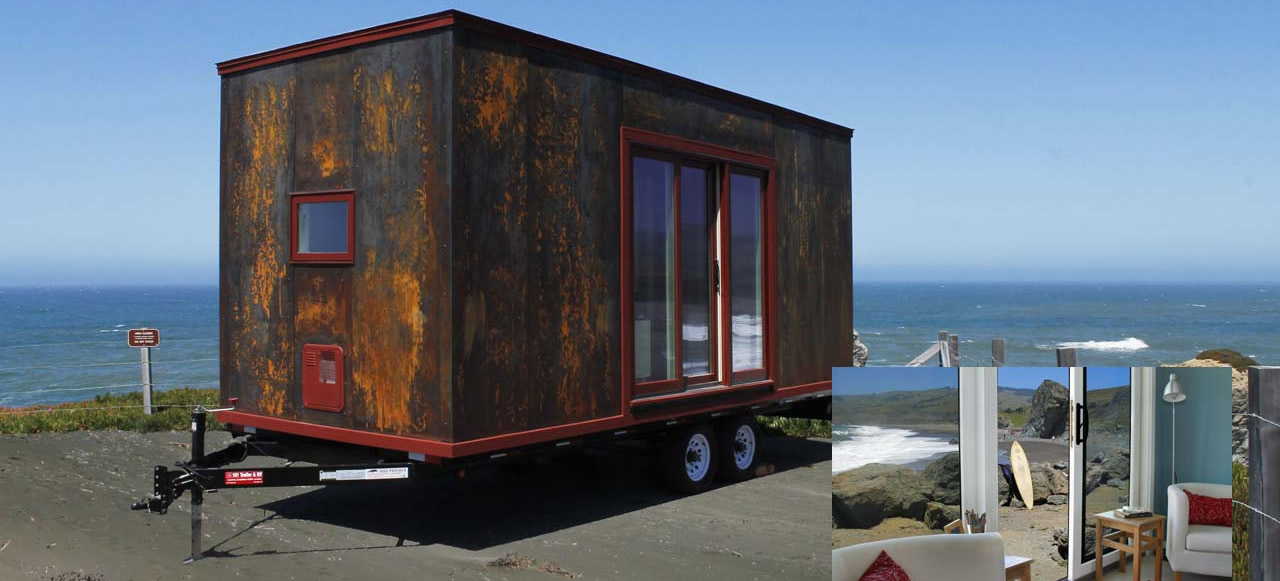The start of my sailing dream is based on the economic crash of 2008. After closing my businesses and frustrations with the employment environment of Southern California, I spent a lot of time re-evaluating my priorities in life. At the time I was recently diagnosed with diabetes and learning to manage the disease without resorting to permanently using medicine as a crutch. This “perfect storm” of events made me focus on what was important in life and how I could concentrate on the important things with the resources available to me. The results follow along a similiar vein as the tiny house movement.
The ability to create a 90% self-contained environment that also catered to my natural wanderlust focused these plans on a sailing environment. But before I could proceed I needed to define the parameters of my life.
What It Doesn’t Mean
In talking with people about minimalism (the philosophy behind the Tiny Houses trend), you hear a lot about what they are doing without. I think this focus on being deprived of something tends to focus on the negative aspects of this lifestyle.
- It’s not about doing without modern convenience (as a matter of fact some modern conveniences, such as a Kindle device, make life easier).
- It’s not about the footage of your living place
- It’s not about you suffering as a way to build your self-esteem
- It’s not about making up for a privileged upbringing
What I Think It Means
I’ve instead tried to focus on the positives this lifestyle has given me.
Probably the largest benefit this philosophy has given me are options. By focusing on living with fewer resources than I currently have available I end up with a surplus on a short-term basis, which allows me to react to changes in life easier. Also because I’m not burdened with as many physical items, it has opened up the possibilities for when and how I live in the world.
I also find living this way that I take the time to experience the world. With fewer distractions from digital toys, I find things to do with my hands which significantly improves my satisfaction and feelings of self-worth. Without private vehicle (other than the boat) I think about where I am going if it’s worth the effort, and as it usually takes longer, I look around at the world as I’m traveling.
Another “feature” of this way of thinking is the lack of costs, whether that’s time, energy or money. As I want fewer things, I don’t need to focus on producing as much. Without that extra concern for production, I can find a more equitable life/work balance.
Tiny House Movement: What It Takes
So what does it take to make this lifestyle work?
- First, you need to be honest with yourself. You need to realistically evaluate what you want to achieve (for me it was freedom). You need to evaluate yourself as a person, and your ability to change things you may feel need to be changed. You need to realize your weaknesses.
- Don’t be afraid. Don’t be afraid to learn. Don’t be scared to be different than everyone else. Don’t be afraid to go through setbacks. For me, I spent some years in Hawai’i, learning about self-sufficiency (how to grow food, how to manage without, and learning things I had no experience with previously) and finding pleasure in the world around me.
- Allow yourself to fail. Thinking small is counter to American culture. It took me three times to get rid of all the “things” I owned. Experiment and find the right combination of choices for you.
- Learn to forego instant gratification. Luckily a lot of the lifestyle choices are self-reinforcing. For me, lack of private transportation means I think more about what I purchase at a store. Take the time to evaluate the cost vs. reward of everything you do.



[…] advantages I find in living aboard a boat is that it keeps me “contained”. I’ve downsized my living arrangement 3 times in my life and always found it liberating. Having limited storage […]